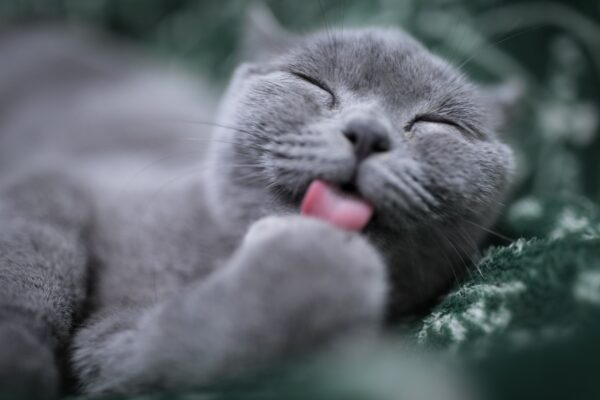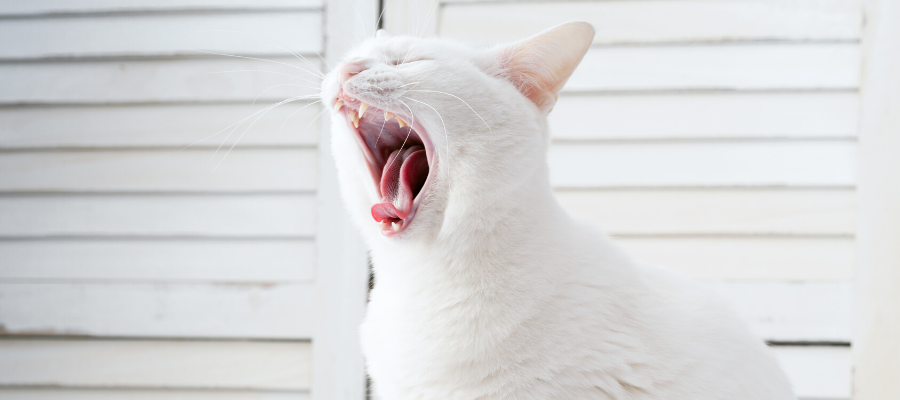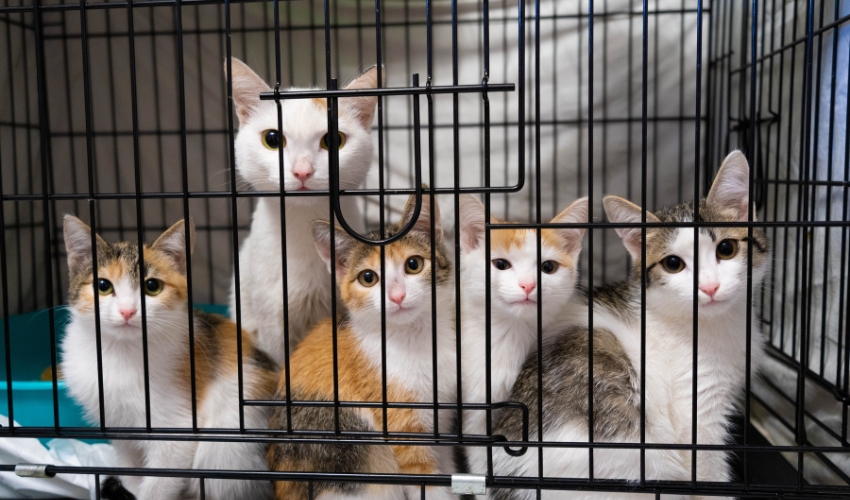As a cat owner, you cherish the moments of playful antics, soothing purrs, and the comforting presence of your feline friend. Amidst these joys, it’s easy to overlook a crucial aspect of your cat’s well-being – their dental health. Feline dental care is a vital component of overall cat care, impacting not only their teeth and gums but also their overall health. In this comprehensive guide, we’ll explore the importance of dental care for cats, common dental issues, and practical tips to keep your cat’s teeth and gums healthy.
The Significance of Feline Dental Care
1. Preventing Dental Issues: A Gateway to Overall Health
Dental problems in cats can extend beyond discomfort in the mouth; they can lead to serious health issues. Untreated dental issues may contribute to systemic problems such as heart disease and kidney dysfunction. Feline dental care is not just about maintaining a bright smile; it’s a gateway to holistic health.
2. Pain Management: Cats are Masters at Masking Discomfort
Cats, by nature, are adept at hiding signs of pain or discomfort. Dental issues can progress silently, causing significant pain before visible symptoms emerge. Regular dental care helps in identifying and addressing problems early, preventing unnecessary suffering for your feline friend.
3. Improving Quality of Life: Ensuring a Happy and Healthy Cat
Imagine your cat struggling with dental pain every time they eat or groom themselves. By prioritizing feline dental care, you contribute to your cat’s overall quality of life. Healthy teeth and gums enable them to enjoy their favorite activities without hindrance.
Common Dental Issues in Cats
1. Gingivitis: The Prelude to Dental Problems
Gingivitis, inflammation of the gums, is a common dental issue in cats. It can lead to red, swollen gums and, if left untreated, progress to more severe dental problems. Regular dental care can help prevent and manage gingivitis.
2. Periodontal Disease: A Leading Concern
Periodontal disease is a common and serious dental issue in cats. It involves the inflammation and infection of the supporting structures of the teeth. If not addressed, it can lead to tooth loss and impact the overall health of your cat.
3. Tooth Resorption: A Painful Affliction
Tooth resorption is a painful condition where the tooth’s structure breaks down. Cats can experience discomfort, and affected teeth may need extraction. Regular dental check-ups can aid in early detection and intervention.
4. Stomatitis: Severe Inflammation in the Mouth
Stomatitis is a severe and painful inflammation of the mouth, often affecting the gums and other oral tissues. While the exact cause is not always clear, maintaining good dental hygiene can contribute to prevention.
Practical Tips for Feline Dental Care
1. Regular Brushing: The Gold Standard
- Brushing your cat’s teeth is one of the most effective ways to prevent dental issues. Use a feline toothbrush and toothpaste, and start gradually to accustom your cat to the process. Aim for a routine, ideally brushing several times a week.
- Tip: Choose a time when your cat is calm, and use positive reinforcement, such as treats or gentle praise, to create a positive association with tooth brushing.
2. Dental Treats and Toys: Chewy Delights
- Dental treats and toys designed to promote chewing can be beneficial for your cat’s dental health. They help reduce plaque and tartar buildup while providing a source of enjoyment.
- Tip: Select dental treats with ingredients that contribute to oral health, and ensure toys are appropriate for your cat’s size and chewing habits.
3. Specialized Diets: Tailoring Nutrition for Dental Health
- Some cat foods are formulated to promote dental health. These diets often feature a larger kibble size or specific ingredients that assist in reducing plaque and tartar.
- Tip: Consult your veterinarian before making significant changes to your cat’s diet to ensure it aligns with their nutritional needs.
4. Regular Veterinary Check-ups: Professional Assessment is Key
- Regular dental check-ups with your veterinarian are crucial for preventive care. Professional dental cleanings may be recommended to address plaque and tartar buildup.
- Tip: Schedule routine veterinary visits to assess your cat’s dental health, and follow your veterinarian’s advice regarding professional cleanings.
5. Chewing Opportunities: Natural Dental Maintenance
- Providing safe opportunities for your cat to chew can contribute to their dental health. Dental chews or safe, soft materials for gnawing can help maintain healthy teeth and gums.
- Tip: Ensure any chew toys are free from small, detachable parts that could pose a choking hazard.
6. Water Additives: Enhancing Oral Hygiene
- Water additives formulated for oral health can be a convenient addition to your cat’s routine. These additives may help reduce plaque and support overall oral hygiene.
- Tip: Introduce water additives gradually to allow your cat to adjust to the change in taste.
7. Avoid Human Toothpaste: Feline-Friendly Choices Only
- Never use human toothpaste for your cat. Feline toothpaste comes in flavors like poultry or seafood, making it more appealing for cats. Human toothpaste can contain ingredients that are harmful if swallowed.
- Tip: Choose toothpaste specifically formulated for cats, and use a soft-bristled toothbrush designed for feline dental care.
8. Monitor Behavior Changes: Early Detection Matters
- Pay attention to changes in your cat’s behavior, especially related to eating, grooming, or vocalization. These changes could be indicative of dental issues, and early detection is crucial for timely intervention.
- Tip: Regularly inspect your cat’s mouth for signs of redness, swelling, or unusual growths. If you notice anything concerning, consult your veterinarian promptly.
9. Dental Wipes: Alternative for Brushing
- For cats resistant to tooth brushing, dental wipes can offer an alternative. Gently wipe your cat’s teeth and gums to help reduce plaque and maintain oral hygiene.
- Tip: Introduce dental wipes gradually and use positive reinforcement to create a positive association.
10. Familiarize Early: Start Dental Care in Kittens
- Introduce dental care practices early in your cat’s life to establish a routine. Kittens are generally more adaptable, making it easier to acclimate them to dental care practices.
Tip:Make dental care a part of your regular interactions with your kitten to build trust and familiarity.

Feline dental care is not just a cosmetic concern; it’s a fundamental aspect of ensuring your cat’s overall health and well-being. By incorporating practical tips such as regular brushing, providing dental treats and toys, and scheduling veterinary check-ups, you actively contribute to your cat’s dental health.
Remember, each cat is unique, and their response to dental care practices may vary. Be patient, use positive reinforcement, and consult your veterinarian for personalized advice. With a proactive approach to feline dental care, you’re not just ensuring a dazzling smile for your cat – you’re fostering a lifetime of comfort, happiness, and optimal health.













